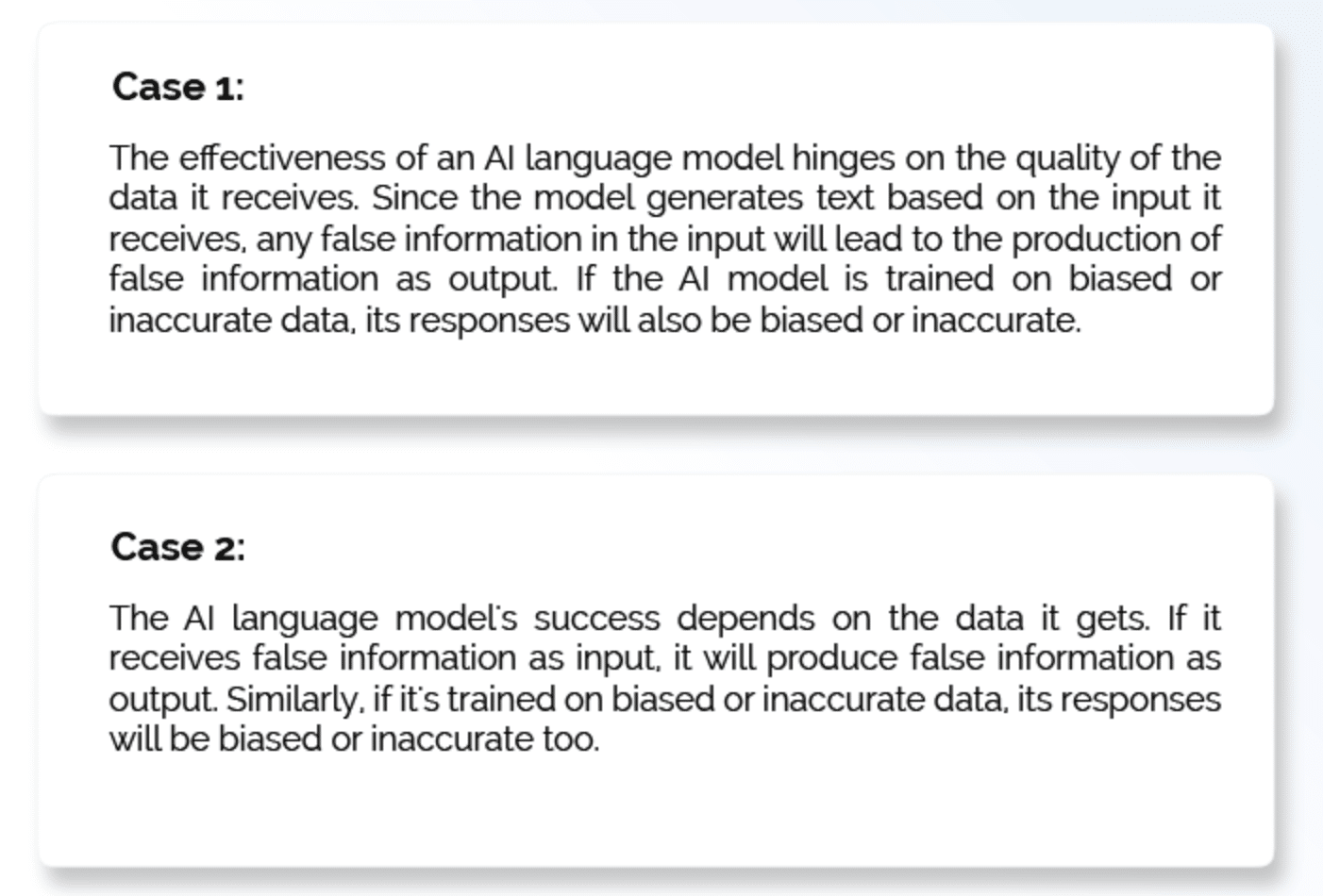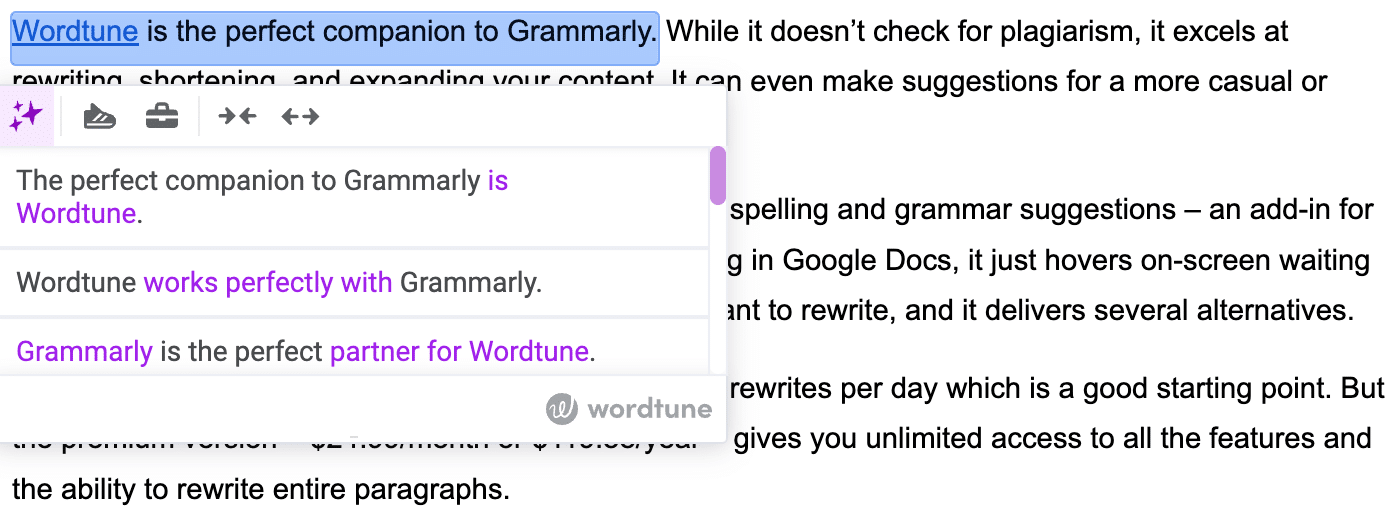Ever since its launch of ChatGPT, AI has taken the internet by storm in the form of writing. And instead of us being scared that it will one day completely put us out of the game, we should focus on how to help us improve.
If you’re involved in the writing industry, you probably have read many articles on how AI will replace you completely. At this stage, it’s still unsure that it will achieve such levels where no human is necessary.
However, AI is able to offer us an array of beneficial tools that can be very useful when it comes to elevating your writing skills. It’s up to the writers whether they embrace it or see it as a complete enemy that should be avoided at all costs.
AI vs human writers
The idea of AI challenging humans have been branded into our brain by the movie industry and has always been interesting. More often than not, AI has been pictured as the bad guy and how it’s coming to destroy us. Why do we always see the glass half empty?
Instead of perceiving this duo as either black or white, let’s explore the potential of the co-existence of them in harmonious collaboration.
AI has amazing processing capabilities, that is for sure. While some believe that AI will reach the limit of completely replacing human writers, the reality will remain that humans possess various strengths that AI might never be able to replace.
One key advantage that AI has over humans is the ability to handle those mundane, repetitive, and time-consuming tasks. Grammar checking and spell checking for instance are areas where AI thrives over humans. If we could automate that for the writers, then they can focus on higher-level creative tasks that AI can not.
Test time!

On the other hand, human writers are still able to bring to the table qualities that AI models can not. Emotions, empathy, originality, and so on are all stuff that AI can’t replicate. While it does mimic human conversation, it doesn’t understand the context of it and lacks the emotions for a full-on conversation. The unique perspectives and life experiences allow us to connect with the readers on a deeper level by sparking meaningful thoughts that AI alone may struggle to achieve.
However, by combining the qualities of these two and seeing them as allies, we can harness something pretty amazing. AI can suggest alternative wording and enrich the vocabulary while keeping our writing error-free. We, however, have the task of being creative and knowing how humans read and think so our writings are more easily digested.
How to spin it around
It’s important to understand that AI is not our enemy (yet?) and can be very helpful when it comes to tedious tasks. But how much of using it is too much? Should we refrain from using it? To quote David Russell “The hardest thing in life to learn is which bridge to cross and which to burn.”
For now, let’s consider crossing that bridge and leaving our pitchforks and torches on the side. Let’s look on the optimistic side and use AI as our tool to improve how we write.
Here’s how AI can improve your writing
- Grammar and spell checking
- Suggesting a writing style
- Enhancing language
- Analyzing the sentiment
Grammar and spell checking
As we already know, grammar and spell-checking are essential when it comes to writing. Especially if we want to make a strong point as we can’t really come across if we have grammar mistakes. However, with the help of AI, this is one less thing you have to worry about when it comes to writing.
With the introduction of AI models and tools, the text errors that most of the time go unnoticed and slip under the cracks are more noticeable now. Punctuation, syntax errors, spelling mistakes, and such problems are automatically highlighted and shown to the writer. You can also go beyond and use AI to automatically fix the grammar issue for you if you trust it enough.
One advantage it has over humans is that it doesn’t tire or become burnt out from all the grammar checking. This ensures consistency and thoroughness throughout the whole process.
Also, it can help enrich your vocabulary a lot. And I don’t mean just as a thesaurus like Joey used to replace the word “heart” with “full-sized aortic pumps”. AI can help you give relevant alternatives to a word that might suit better in a given sentence.

Suggesting a writing style
AI’s ability to suggest a new writing style has become a very attractive quality for writers that are seeking to go out of their comfort zone.
By analyzing vast amounts of data from your past writing, AI is able to tell you what you’re lacking and recommend various writing styles. It can help you write more formally or casually and also be persuasive and descriptive. This is very valuable and inspires writers to open up new horizons and experiment with different voices.
The beauty of it lies that AI style suggestions lie completely within the writer’s range. It doesn’t change how they think or change how they deliver a point they believe in. Instead, it just empowers them to tailor their work in order to find the sweet spot between creativity and coherence.
It can also help writers inject humor into a light-hearted article in order to make them compelling narratives. This is a bit more tricky because AI lacks empathy and sometimes is off when it comes to tense topics. That’s why a human being has to make sure that the text is still inside society’s boundaries before publishing.
Enhance language
AI has an incredible ability to make our writing language better and more powerful.
AI is trained based on a lot of text and has access to a lot of various writings with various words. Its vocabulary is filled with synonyms for every word. By studying this data, AI can suggest ways to improve our writing by using better words and making the sentences flow more smoothly.
By integrating AI into our writing we’re presented with more words to choose from in order to sound more professional if that’s the case. It’s kind of like having a smart editor by your side.
Moreover, AI’s real-time allows us to refine our work on the go. Whether it’s an email, a report, or a creative piece, AI can help us express ourselves more effectively and persuasively.
Sentiment analysis
Though not so ‘famous’ as the three above, I feel like this is also an amazing feature that AI has in writing.
By analyzing the text, phrases, emotions, and opinions of a text, AI is able to gauge whether the overall sentiment of a piece is positive, negative, or natural. But is this necessary? I mean, come on.
Well yeah, it kind of is. Especially for businesses and content creators that are in need of understanding how their audience will perceive their work. This feature will allow them to find what satisfies their customers, identify potential improvements, and send their message appropriately.
Additionally, it helps the writers connect with their readers on a better level. By understanding how and which words evoke the emotions we want, we can create content that resonates deeply with the intended audience.
Just to state the obvious that while this is awesome, it’s essential to remember that our unique thoughts and feelings are what make our writing special. AI can’t replicate that so that’s why it’s important to use AI to improve our writing and not replace it

Korab has dedicated the past decade to the marketing industry, focusing specifically on the intricate field of Search Engine Optimization (SEO). Despite his background in development, Korab’s unwavering passion for marketing drives his commitment to success in the field.
He’s been an Inter fan since he was a kid, which makes him highly patient for results.
Korab does not hike.

